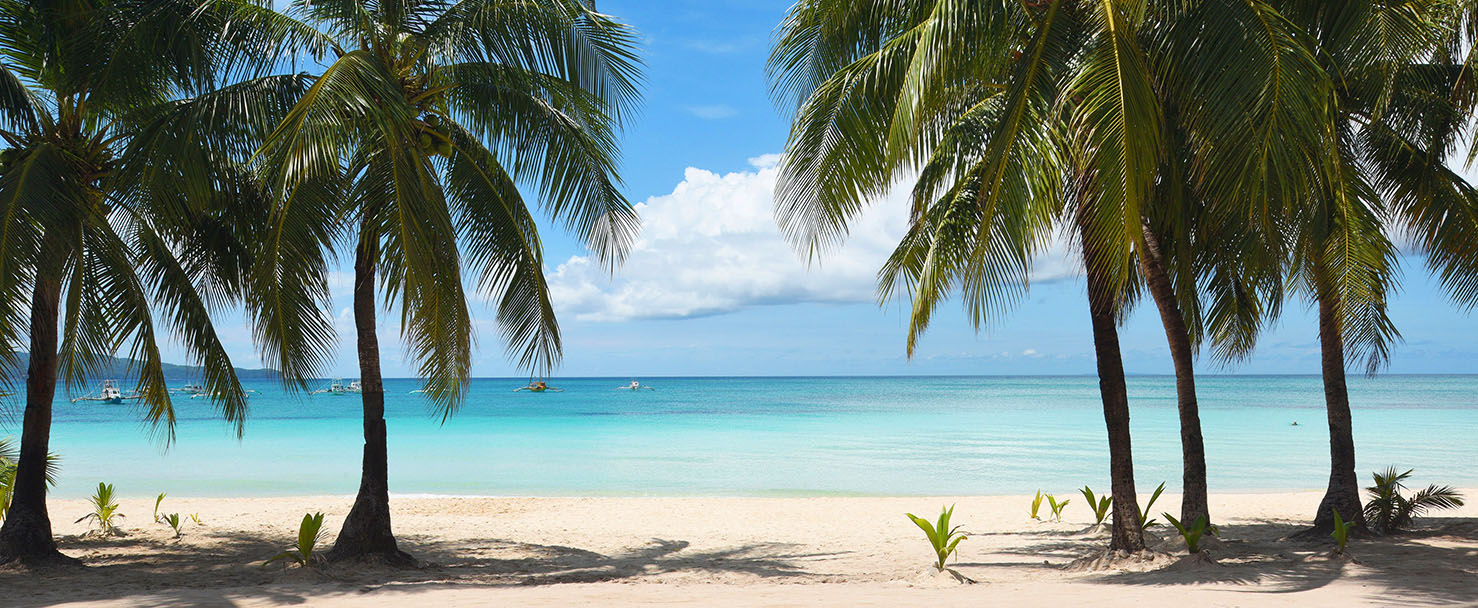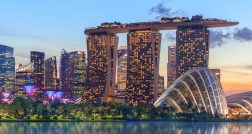The Lessons of Boracay
Now open again after being closed because of overtourism, the Philippine island is managing its natural beauty very carefully.
In April 2018, the Philippine government took the unusual step of shutting down tourist visitation to the island of Boracay. The island, renowned for its unspoiled beauty, had become a victim of its own success and had to be closed because overtourism had overwhelmed its infrastructure, leading to crowding, pollution, and sewage drainage issues. The government was forced to close the popular destination to clean and upgrade waste-management systems to cope with increased demand.
Six months later, the island reopened after extensive construction to improve the waste-management system and create a new network of roads. “It was a radical decision for the government to close the island, but in retrospect, it was not necessarily a bad thing as the island returned to the unspoiled state it was 10 to 15 years back,” says Jonathan Mills, managing director of RCI Asia Pacific.
Having taken the steps required to ensure the island was ready to reopen, the government implemented rules and regulations restricting public drinking, fireworks, riding Jet Skis close to shore, and for-profit sandcastle building, among other problems. “There has been a growing awareness among locals of the importance of sustainability,” Mills says. “Visitors can expect beaches to return to pristine again.”
And with pristine beaches open again, there is potential opportunity for developers and timeshare, though with certain conditions. According to Mills, all resorts will need to comply with specific architectural and structural guidelines and operate with a mindfulness of environmental sustainability. “Currently, the only resort allowed to be developed on the island is Stellar Boracay, a resort under Astoria Vacation and Leisure Club, who self-demolished the resort in order to accommodate the government’s road-widening efforts,” he says.
As for future development, “operators on the island can leverage the opportunity to be advocates of sustainable ecotourism and set an example for other accommodation providers to promote ecotourism, a vacation that is both sustainable and experiential, which may interest more-affluent consumers who are open to spending more dollars to protect the environment as they enjoy its benefits,” Mills says.
Image credit: Astoria Vacation and Leisure Club Inc




